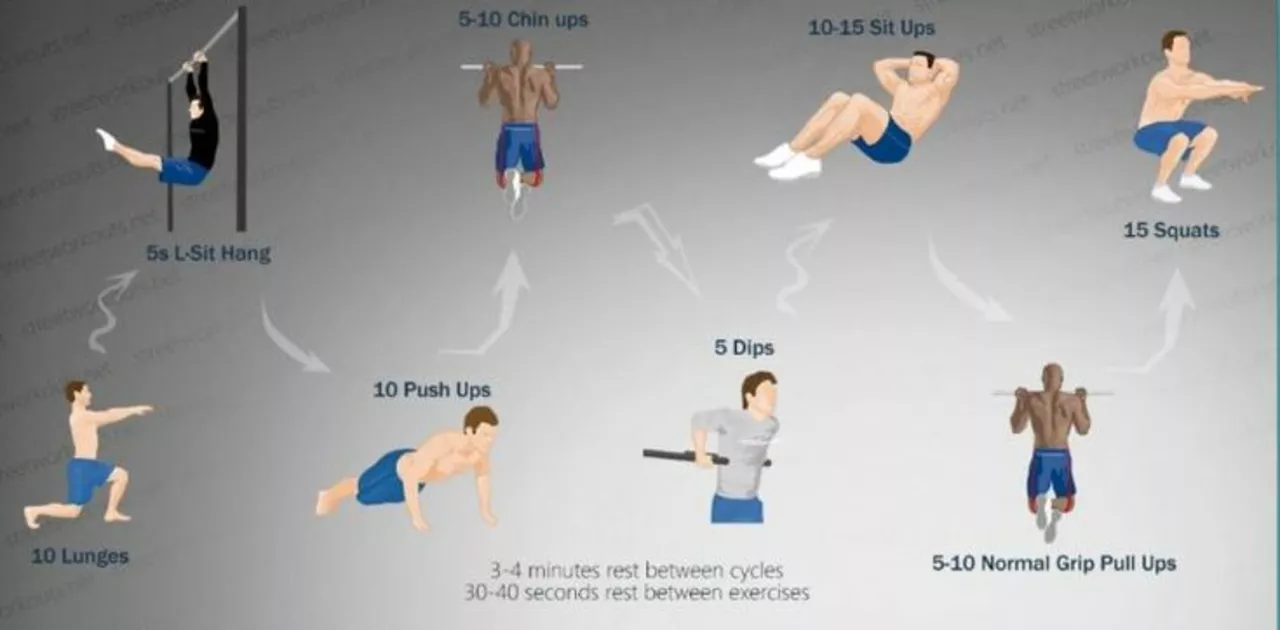Rest: Sleep Tips, Night Sweats, Asthma & Medication Advice
Struggling to get a good night’s rest? You’re not alone. Sleep problems come from many places — blood sugar swings, medication side effects, asthma that kicks in at night, or just an uncomfortable bedroom. Below are clear, practical steps you can try tonight to sleep better and wake up feeling a little more human.
Fix the basics first
Start with simple sleep habits. Aim for a regular bedtime and wake time, even on weekends. Keep the room cool (around 60–68°F / 15–20°C), dark, and quiet. Turn off screens at least 30 minutes before bed — the blue light messes with melatonin. Avoid caffeine after late afternoon and heavy meals right before sleep.
If you use devices in bed, switch to a low-brightness night mode and set them on do-not-disturb. A short wind-down routine helps: wash your face, read for 10 minutes, or do light stretching. These small rituals tell your brain it’s time to rest.
Night sweats and asthma — quick fixes that work
Waking up drenched? Night sweats can come from meds, hormones, infections, or from asthma symptoms. Try cooling bedding — breathable cotton or moisture-wicking sheets — and sleep in lighter layers so you can strip off if you heat up. A fan or a chilled pillow can help immediately.
If asthma wakes you, check for triggers: dust mites in pillows, pets, or seasonal allergies. Use mattress and pillow covers, wash bedding weekly in hot water, and keep pets out of the bedroom. Make sure your inhaler technique is correct and that you have a written asthma action plan. Using a prescribed controller consistently often reduces nighttime attacks — don’t skip it.
Talk to your doctor if night sweats started after a new medicine. Some drugs cause sweating; changing the timing or switching meds can solve it. For asthma, your clinician may tweak inhaler type or dose, or add a nighttime controller to cut down on symptoms.
Blood sugar matters too. Low glucose at night can cause sweating and disturbed sleep. If you have diabetes, monitor bedtime sugars and discuss overnight patterns with your healthcare team. Small carb snacks before bed or adjusting insulin timing can stop nocturnal lows.
Finally, consider mental rest. Racing thoughts keep your body alert. Try a five-minute breathing exercise or jot a short to-do list before bed to clear your mind. If anxiety or persistent sleep loss continues, ask for help — cognitive behavioral therapy for insomnia (CBT-I) works well and isn’t medication-based.
Want more? Read our guides on night sweats, asthma care, and medicine safety to match these tips to your situation. Rest is a habit you can build — start with one change tonight and add another tomorrow.

Acute Diarrhea and Exercise: Should You Work Out or Rest?
Haig Sandavol May 21 19As a fitness enthusiast, I recently came across the topic of acute diarrhea and its relation to exercise. It got me thinking, should we work out or rest during such times? After some research, I found out that exercising during a bout of acute diarrhea can lead to dehydration and worsen the situation. It's crucial to prioritize our body's recovery and stay hydrated. So, it's better to take a break and allow our body to heal before resuming exercise.
More Detail